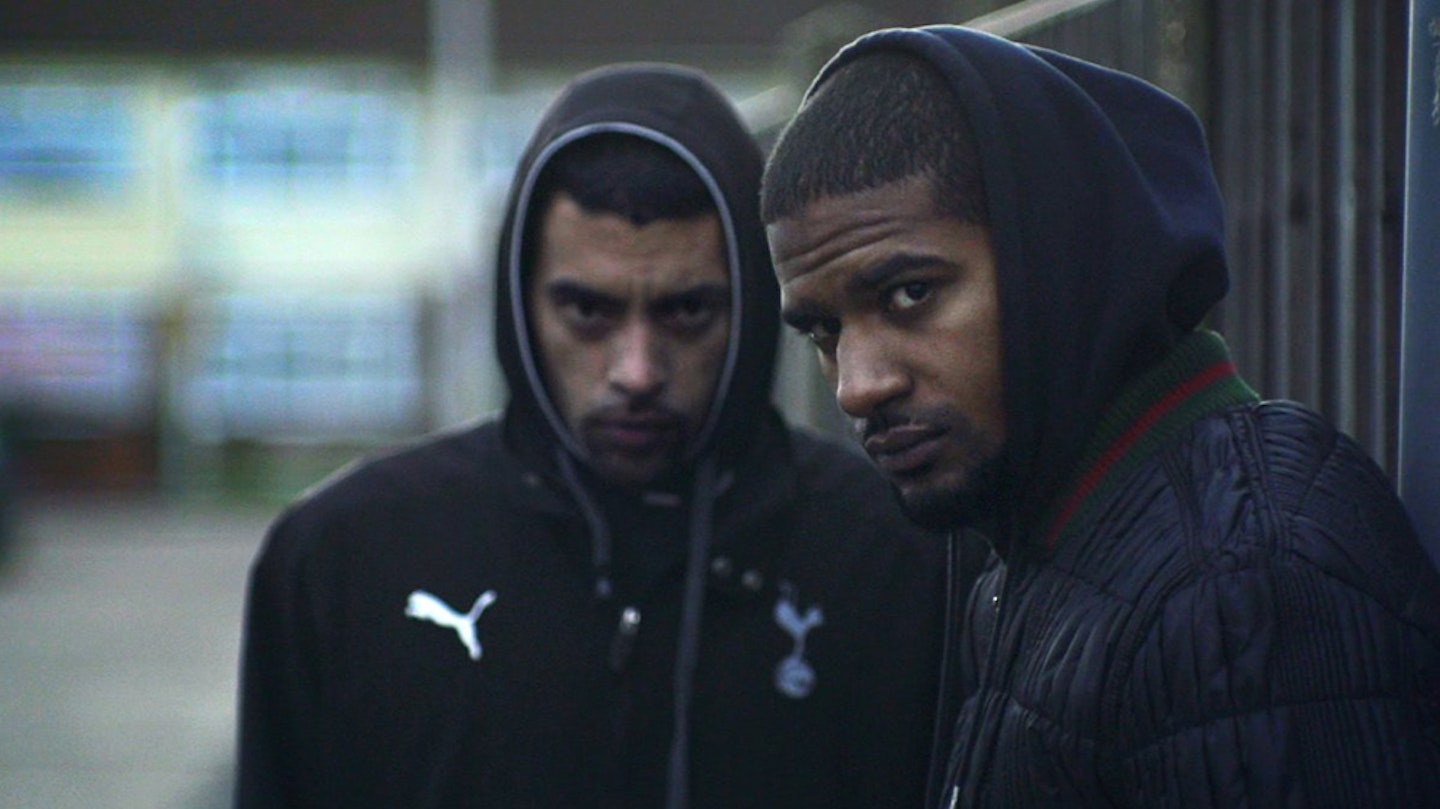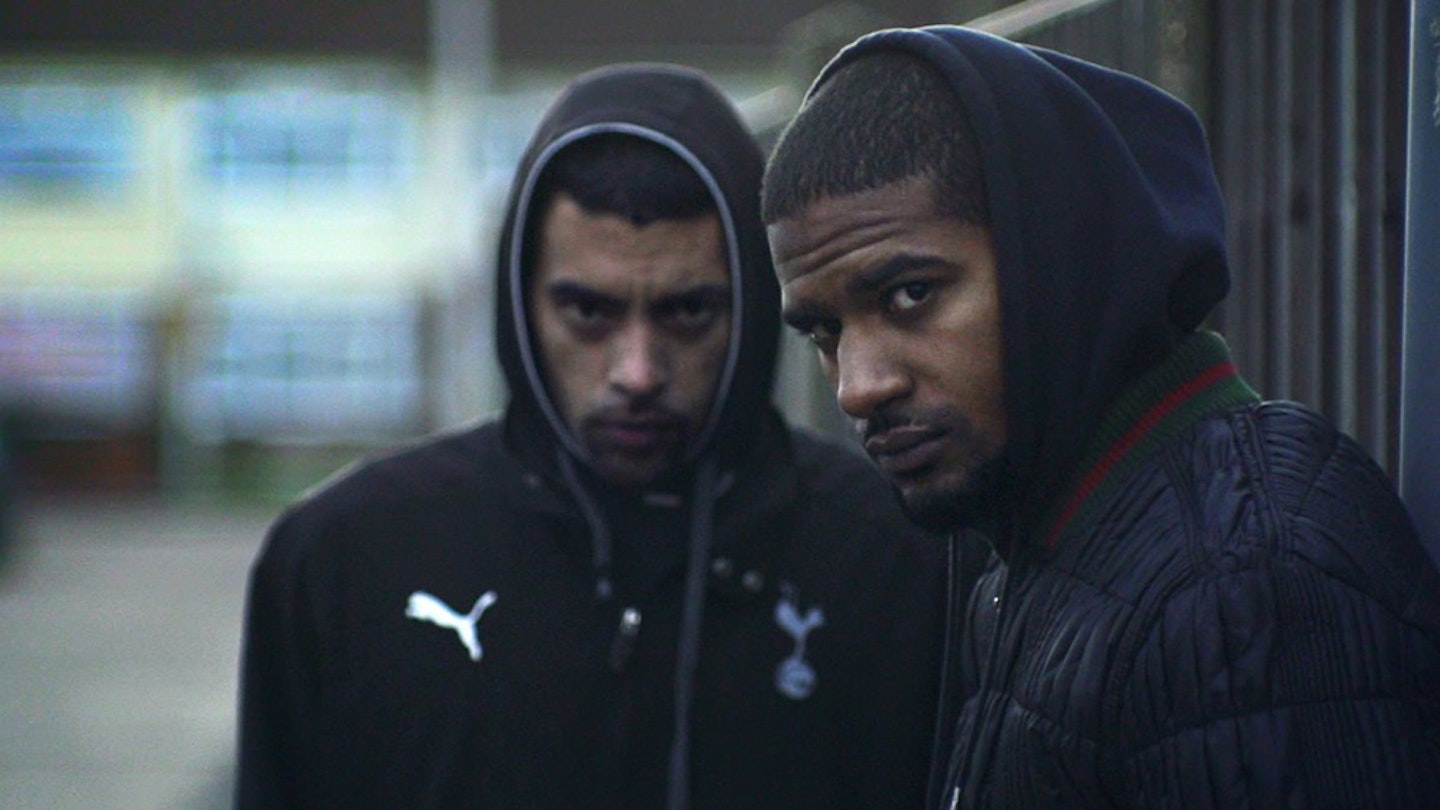The Broadwater Farm Estate in Tottenham will forever be synonymous with the violent deaths of PC Keith Blakelock and Mark Duggan in 1985 and 2011 respectively. Neither the Metropolitan Police nor the local community can forgive or forget and this simmering tension is evident throughout George Amponsah's bid to understand why the shooting of an unarmed 29 year-old father of six after his taxi was ambushed by officers from Operation Trident provoked some of the worst riots this country has ever witnessed and how the jury at the Royal Courts of Justice inquest could have decided that Duggan was lawfully killed.

Filming over 28 months, Amponsah strives to present an insider view of life on an estate where black youths feel permanently persecuted by 'the feds'. He meets Duggan's fiancée, Semone Wilson, and oldest son, Kamani. But the hard insights come from Marcus Knox-Hooke and Kurtis Henville, who grew up with Duggan and fail to recognise the gangster depicted in the press.
Consoled by his Muslim faith after doing riot-related time, Knox-Hooke strives to help black kids break the cycle, while the impishly genial Henville resists the easy pickings of crime to find a decent job. However, neither trusts the police, whose absence from this affectingly humanist study is justified by the persistence of that Hillsborough mentality of abnegating responsibility by blaming the victim.
Largely adopting a watching brief while making his feelings abundantly clear, Amponsah gains the confidence of his subjects so they feel safe speaking out. However, the opening Martin Luther King quote about riots being the language of the unheard suggests that Amponsah doesn't expect anyone in authority to listen.

